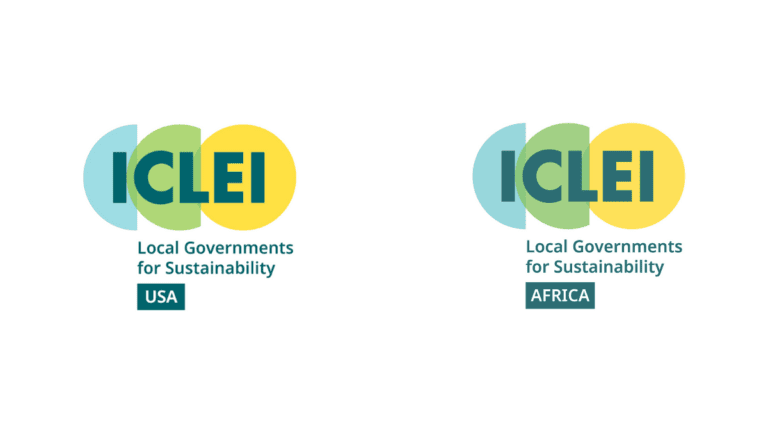The Race to Resilience Culture
The Race to Resilience Culture (RTRC) initiative, led by the U.S. Office and Africa Secretariat of ICLEI – Local Governments for Sustainability (ICLEI), aims to enhance climate resilience through the integration of cultural and heritage-based strategies within communities in the United States and Africa.
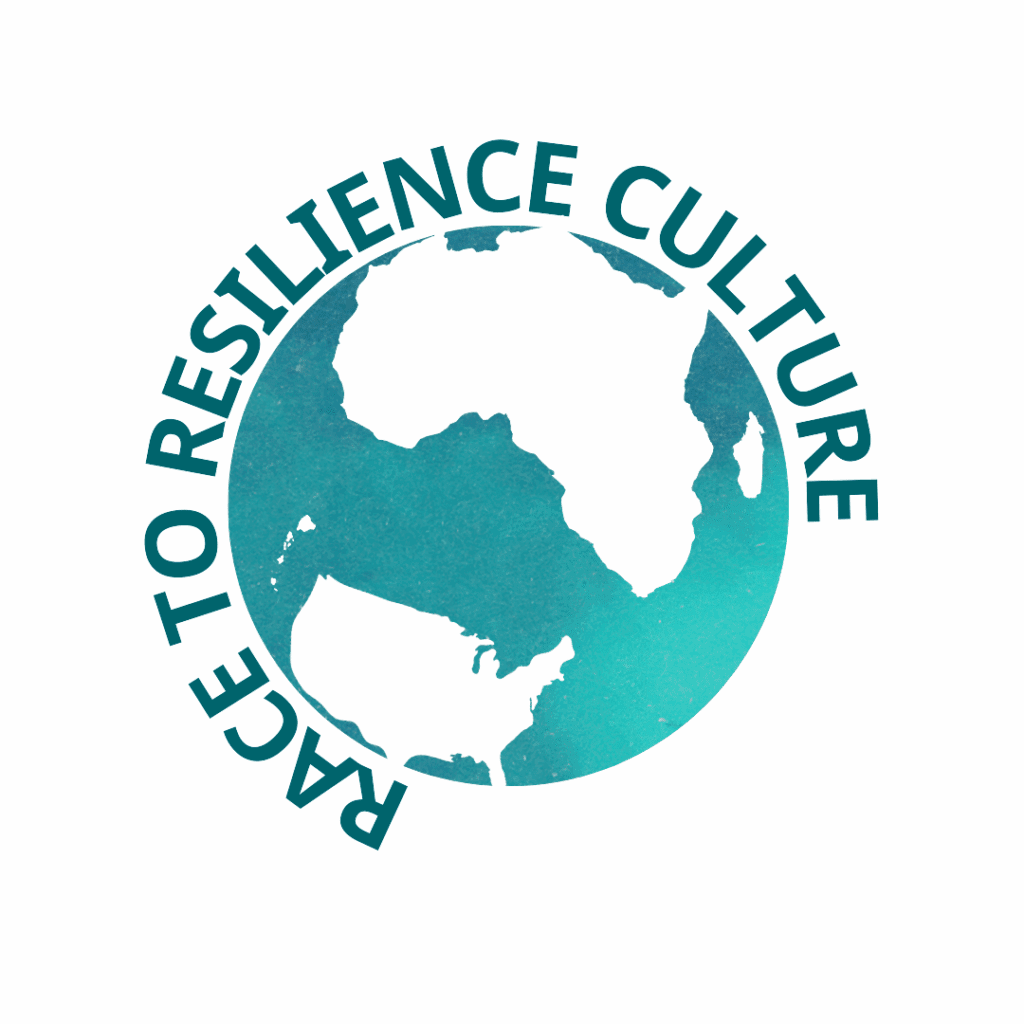
Background
Spearheaded by the U.S. Office and Africa Secretariat of ICLEI – Local Governments for Sustainability (ICLEI), RTRC seeks to build climate resilience by integrating cultural and heritage-based strategies into communities across the United States and Africa. Backed by the Climate Heritage Network (CHN) and funded through The Mellon Foundation, ICLEI draws on its expertise as the first and largest global network of over 2,500 local and regional governments committed to addressing the world’s most challenging sustainability issues.
The RTRC initiative aims to support historically underserved communities in becoming more resilient to climate risks through culture, heritage, and the arts. To meet this goal, by 2026, the initiative will mobilize 75 cities to commit to enhancing culture-based actions for climate resilience and adaptation, with measurable progress reported along the way. The inaugural RTRC cohort includes 31 communities across the U.S. and Africa. Additional cities will have the opportunity to learn the best practices and outcomes through the RTRC Academy, coming in 2026.
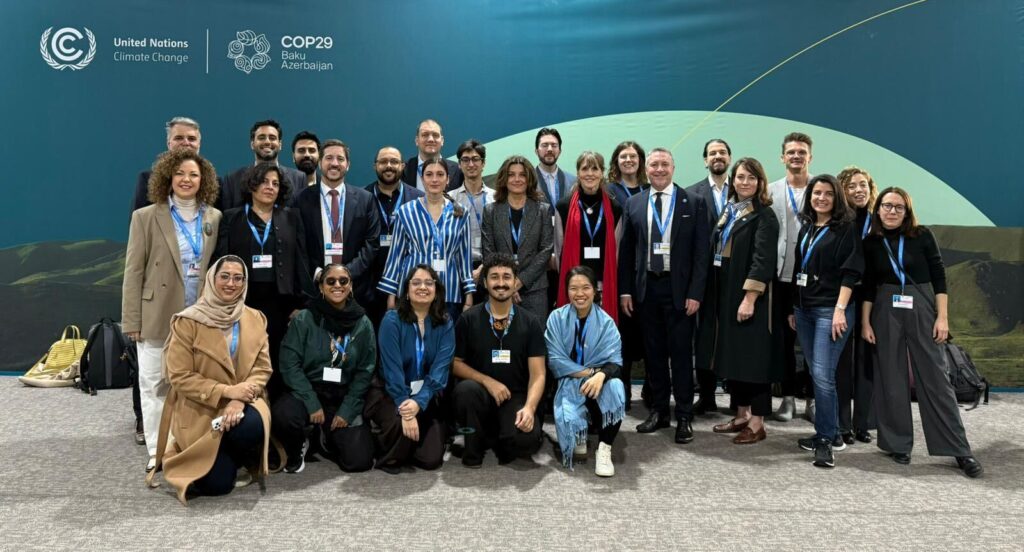
Culture and Heritage Advocates at COP29 in Baku, Azerbaijan. Photo Credit: Climate Heritage Network.
Program Overview
Benefits to Participants
✔️Training and Support: A comprehensive 12 month cohort program on culture and climate resilience, free of charge.
✔️Peer-to-Peer Learning: U.S. and African cities will be paired for knowledge sharing and cross-cultural dialogue.
✔️ Focus on Equity: Advance inclusive solutions and amplify the voices of underrepresented and historically underserved communities to ensure no one is left behind.
✔️ Global Leadership: Showcase your community as a regional and global leader in resilience through cultural innovation.
Core Focus Areas
RTRC focuses on
- Supporting underserved communities by engaging public bodies and cultural organizations in CHBS initiatives.
- Centering resilience-building within cultural heritage programs.
- Normalizing the integration of culture in climate planning efforts.
Meet the RTRC City Pairings
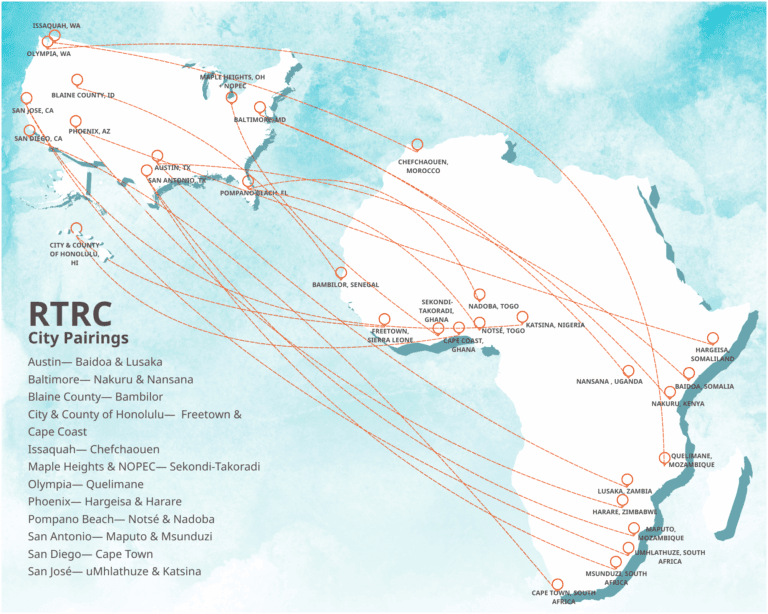
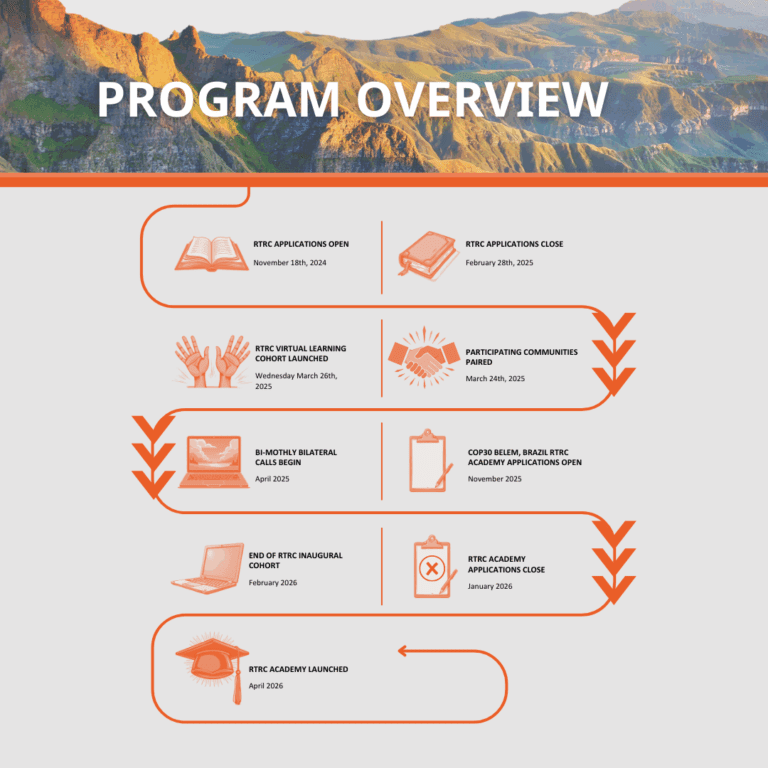
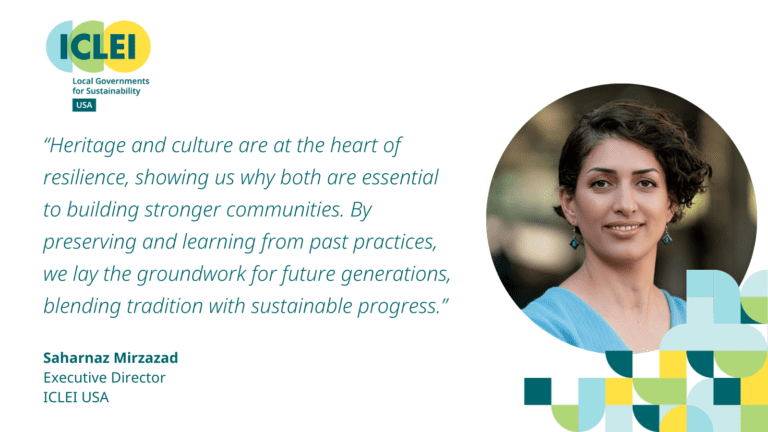
Meet the Team

Kale Roberts
Deputy Director
ICLEI USA

Kate Strachan
Senior Manager Climate Change Resilience, Coastal Management & DRR
ICLEI Africa

Dania Petrik
Senior Specialist: Climate Change, Energy and Resilience
ICLEI Africa

Marisa Kellogg
Senior Program Officer
ICLEI USA

Anne Marie Cleary Rauker
Senior Communications Officer
ICLEI USA

Caio Pereira
Program Officer
ICLEI USA
